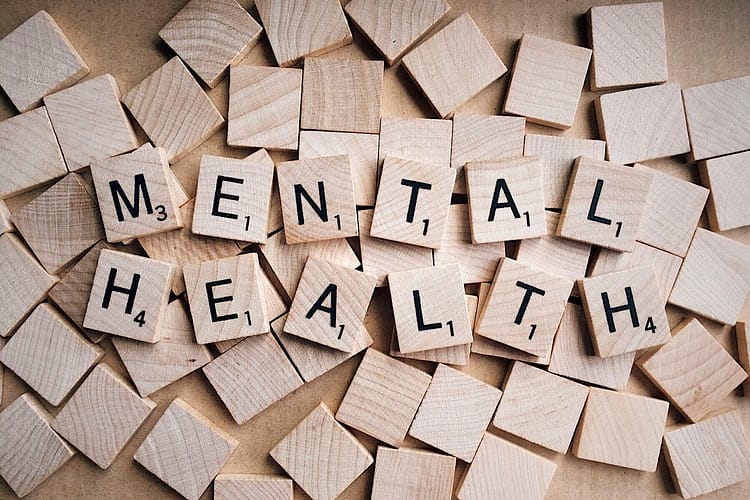Mood disorders are a significant concern affecting people worldwide. Among them, cyclothymia and bipolar disorder are two conditions that share certain similarities, making it essential to discern their differences accurately.
This article aims to shed light on the distinctions between cyclothymia and bipolar disorder, including their symptoms, diagnostic criteria, and treatment options.
Table of Contents
What Is Cyclothymia?
Cyclothymia, classified as a subtype of bipolar disorder, is a chronic mood disorder characterized by frequent fluctuations in mood.
Individuals with cyclothymia experience recurrent episodes of hypomanic symptoms and depressive symptoms that fall short of meeting the criteria for a full manic or major depressive episode.
These mood shifts tend to be less severe than those observed in bipolar disorder.
Symptoms of Cyclothymia
The key feature of cyclothymia is the presence of numerous periods of hypomanic symptoms and depressive symptoms that persist for at least two years (one year in children and adolescents).
Hypomanic symptoms may include increased energy, euphoria, racing thoughts, heightened self-esteem, and decreased need for sleep.
Depressive symptoms can manifest as feelings of sadness, hopelessness, anxiety, loss of interest in previously enjoyed activities, changes in appetite and sleep patterns, and difficulties concentrating.
Diagnostic Criteria for Cyclothymia
To receive a diagnosis of cyclothymia, individuals must exhibit numerous periods of hypomanic and depressive symptoms that meet specific criteria.
Additionally, these symptoms should not be attributable to substance abuse, medication side effects, or any other medical condition. The duration and consistency of mood episodes, as well as the impact on daily functioning, are essential factors considered during diagnosis.
Understanding Bipolar Disorder
Bipolar disorder is a broader term encompassing several distinct subtypes, including bipolar I disorder, bipolar II disorder, and cyclothymia. Unlike cyclothymia, bipolar I, and II disorders involve more severe and distinct episodes of mania and depression.
Bipolar I Disorder
This subtype is characterized by the presence of at least one manic episode, which may be preceded or followed by a major depressive episode. Manic episodes involve a significant and often disruptive shift in mood, energy levels, and behavior.
Bipolar II Disorder
In bipolar II disorder, individuals experience at least one major depressive episode and at least one hypomanic episode. Hypomanic episodes, although less intense than full manic episodes, still result in noticeable changes in mood and behavior.
Treating Cyclothymia and Bipolar
Both cyclothymia and bipolar disorder can significantly impact an individual’s well-being and quality of life. Treatment typically involves a combination of psychotherapy and medication.
Psychotherapy
Various forms of therapy, including cognitive-behavioral therapy (CBT), dialectical behavior therapy (DBT), and psychoeducation, can be effective in managing mood episodes, enhancing coping strategies, and promoting overall stability.
Medication
Mood stabilizers, such as lithium, anticonvulsants, and atypical antipsychotics, are commonly prescribed to help stabilize mood and prevent relapses.
In some cases, antidepressants may be used cautiously to manage depressive symptoms, but their use requires careful monitoring to avoid triggering manic episodes.
Cyclothymia and Bipolar
Cyclothymia and bipolar disorder are two distinct mood disorders characterized by recurring fluctuations in mood. While cyclothymia represents a milder form of bipolar disorder, it still necessitates careful diagnosis and appropriate treatment.
Understanding the differences between these conditions is crucial for accurate assessment and tailored intervention plans, enabling individuals to lead healthier and more balanced lives.
If you suspect you or someone you know may be experiencing symptoms of cyclothymia or bipolar disorder, seeking professional help is strongly recommended for proper evaluation and guidance.

